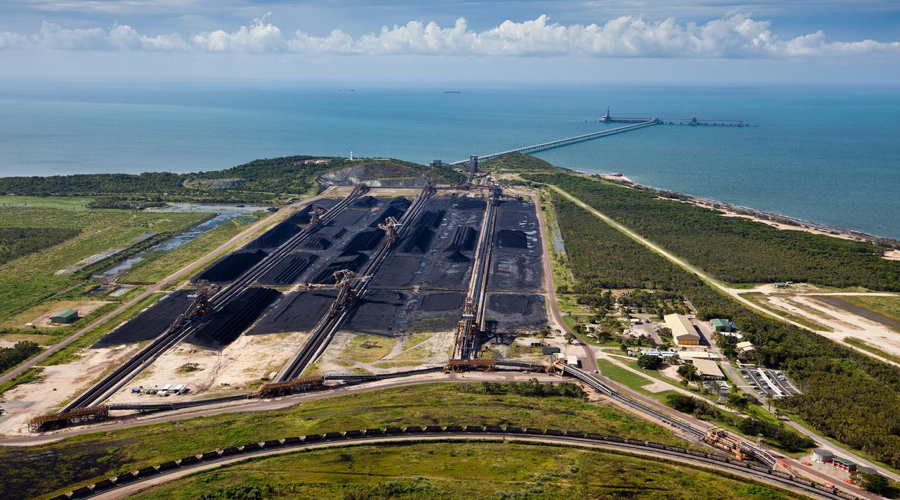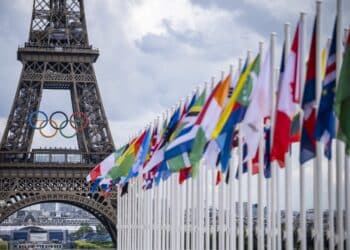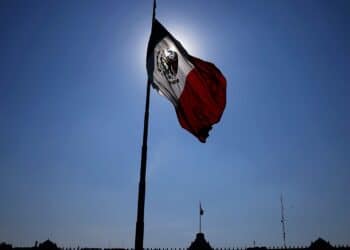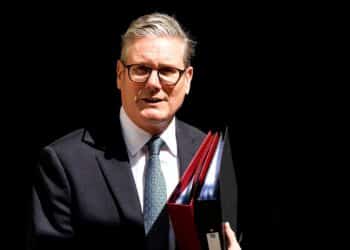Adani put in an application back in 2010 to initiate a mining project in Galilee Basin, Queensland, Australia. The area is rich in coal and if the conglomerate succeeds, Adani’s Carmichael mine will be the first in the basin.
Initially, the natives of the region were excited about the prospect as it would mean an influx of money in Queensland and a lot of jobs. Gradually the environmental aspects of an ambitious project like Carmichael sank in and started a fiery debate that still rages on.
On the 27th of November, as India and Australia were head-on in their first ODI Cricket match of the season, two protesters forced their way onto the pitch holding placard denouncing Adani’s mining project. Security quickly escorted out the agitators but this event invigorated the dissent against the mining project.

In 2019, the Liberal Party in Queensland swept the election after approving the revised, scaled-down version of the Carmichael mine.
Before the revised appeal, Adani intended to construct on 454 square kilometres of protected land belonging to the indigenous families of Wangan and Jagalingou. Indigenous council formally rejected the construction of the mine on their land and argued that the environmental implications would be devastating for Queensland.
The reserved land houses freshwater spring systems that are fed by the country’s largest underground water reservoir. Carmichael mine would have originally required 12 billion litres of fresh water every year, drying up the spring systems and destroying the native ecosystem in the process.
Transportation and consumption of increased quantity of the coal would significantly impact the coral reef and pollute the ocean coast of Australia.
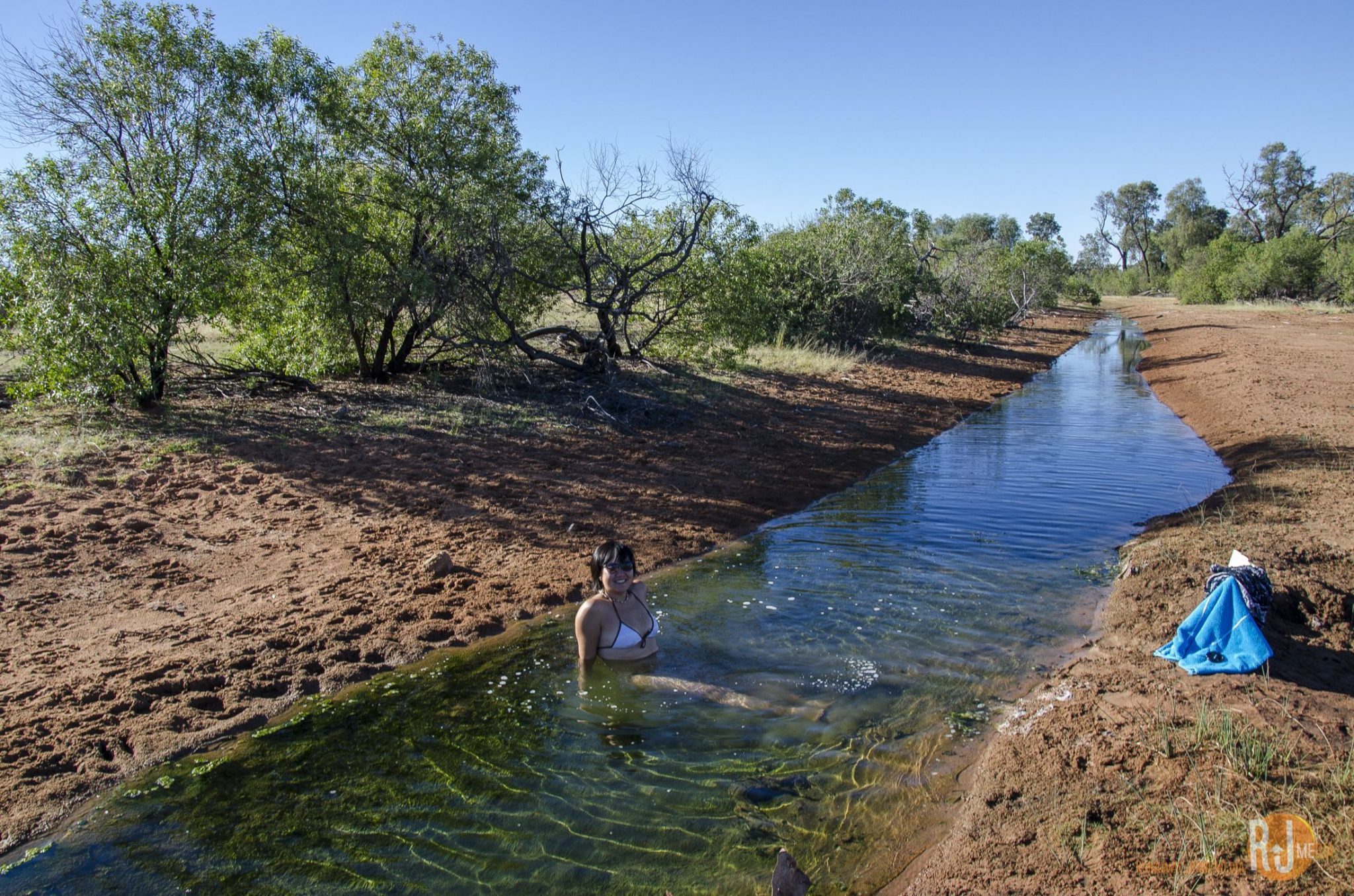
Adani scaled-down the mining project
Despite the complications to the natural order of Carmichael, the Queensland government provided the conglomerate, a mining lease and a water license that would allow limitless extraction of underground water. Environmental implications are so tremendous that international financial institutions and major banks in Australia have publicly declined to provide any funding for the operation.
The 16 billion dollar project, was scaled back considerably as the conglomerate was unable to attract investment. Adani now plans to self-finance the project with its 2 billion dollars and the backing of the federal government.
The project is very financially incapable and with little prospect for long term sustainability as the world now shifts more towards clean energy and renewable sources. The Australian Government is endorsing the project in hope of making a quick buck at the cost of endangering the pristine Australian environment.
Also read:
CREO – A secretive non-profit club of the world’s elite combating climate change


